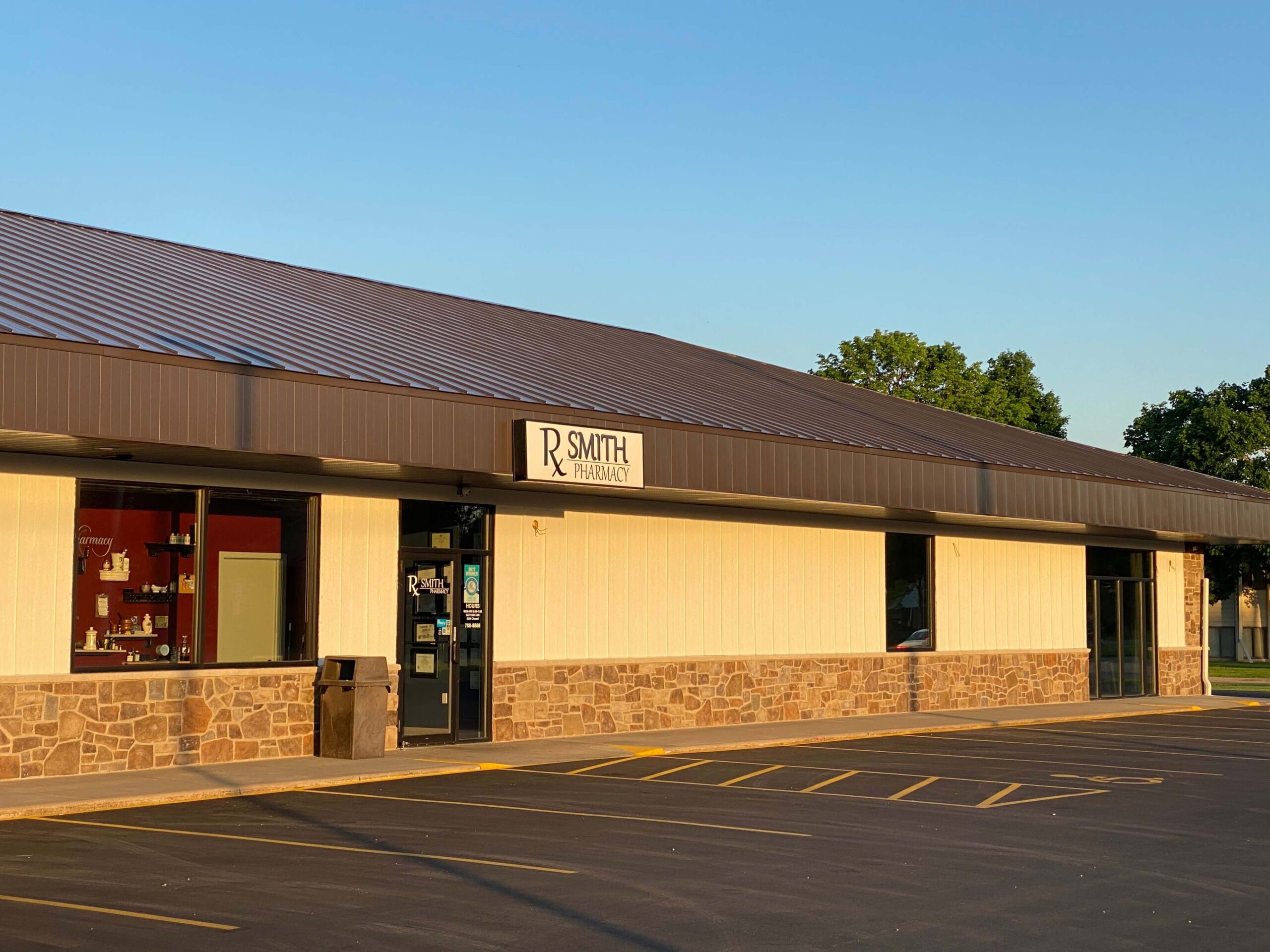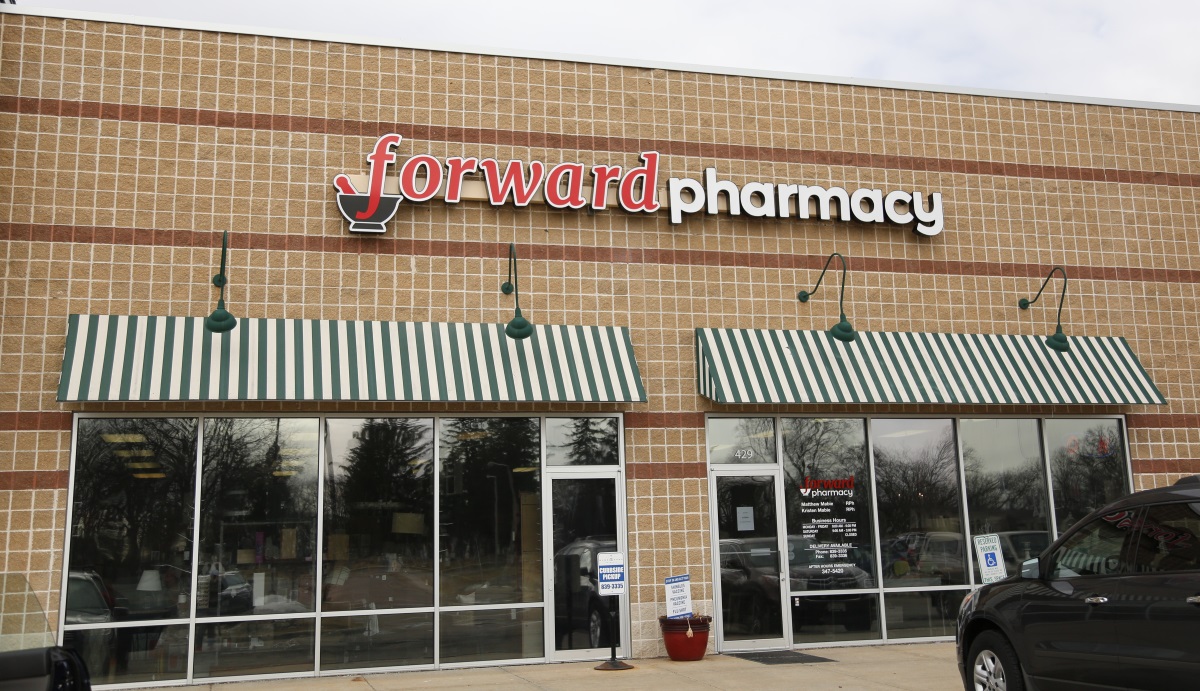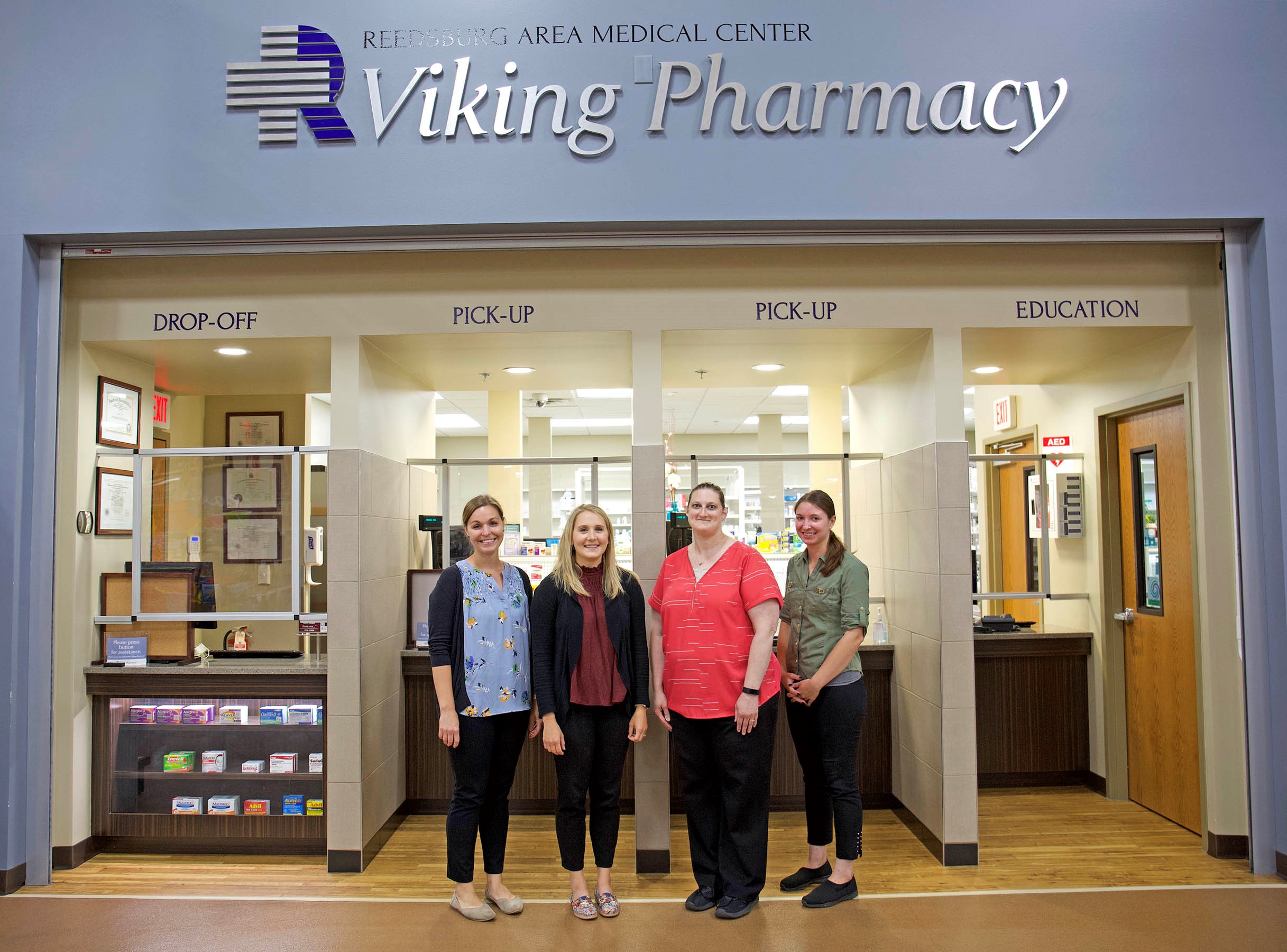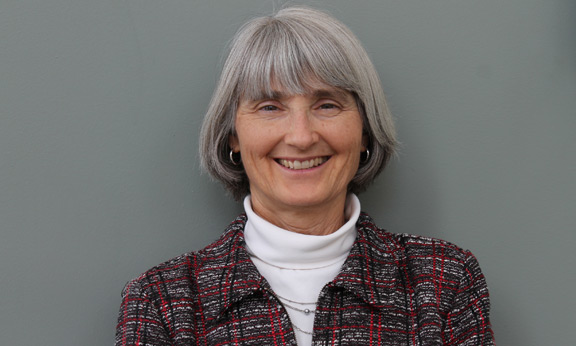Latest expansion brings record number of practice sites, giving residents more opportunities
By Tristan Dooley
The Community Pharmacy Residency Program (CPRP) at the UW–Madison School of Pharmacy has added three new residency practice sites in Wisconsin: Smith Pharmacy in Little Chute, Forward Pharmacy in Cottage Grove, and Reedsburg Area Medical Center (RAMC) Viking Pharmacy in Reedsburg. The addition of the three new pharmacy practice sites brings the program to nine total sites, which is the largest number of sites the program has had since it began in 2003. This expansion provides more opportunities for program residents to grow their skills in business and patient care.
“It is exciting as many pharmacies are focused on outpatient ambulatory care services, which help patients get the most out of their medications and improves medication adherence,” says Mara Kieser, Assistant Dean of Experiential Learning and Professor in the Pharmacy Practice Division. “The School is fortunate to partner with innovative pharmacy sites. Each site provides unique patient care services and will be able to support and train a resident,” she says.

The first site is Smith Pharmacy in Little Chute, Wis., which started hosting a resident this residency year that started July 1 and will end June 30, 2021. Owner and School of Pharmacy alumnus Nic Smith (PharmD ’04) says that Smith Pharmacy is unique because of its approach to exceptional patient care. “Our motto is to ‘treat everyone who comes in the door like family’. We pride ourselves on providing excellent customer service,” says Smith. The pharmacy aims to provide exceptional patient care by providing a variety of resources to assist their patients, such as long-term care services with 24-hour emergency response; free home delivery; ScriptTalk, a talking label service to assist the visually impaired; and many other services.
“Now, more than ever before, we’re poised to revolutionize pharmacy practice and demonstrate the many positive contributions that well-trained pharmacists provide to their communities.” —Nic Smith
Smith Pharmacy wanted to partner with the School of Pharmacy because of the high standards that the CPRP holds its students. “We want our residents to gain as much experience, expertise, and benefit from a program with a wealth of knowledge and a multitude of resources,” says Smith. He believes that the residency program helps develop quality providers who are invested in community pharmacy.
“Now, more than ever before, we’re poised to revolutionize pharmacy practice and demonstrate the many positive contributions that well-trained pharmacists provide to their communities. We host residents with the intention of giving them the platform to transform pharmacy practice in Wisconsin by bringing new ideas and contributions to the table,” says Smith.

In the next residency year, Forward Pharmacy in Cottage Grove, Wis., will start hosting a resident. Forward Pharmacy is an independent pharmacy with five locations in the Madison area: Cambridge, Columbus, Cottage Grove, Deerfield, and McFarland.
“We offer the kind of service your grandparents received at the local drugstore, combined with the cutting-edge practices of modern pharmacy. We pride ourselves on being at the forefront of the field of pharmacy, while also offering personalized care to each of our patients,” says alumnus Ryan Bender (PharmD ’05), clinical staff pharmacist at Forward Pharmacy.
Forward Pharmacy is part of the Wisconsin Pharmacy Quality Collaborative and the Flip the Pharmacy initiative, which aims to transition pharmacists from filling prescriptions towards more patient care over time. The pharmacy already offers patient services, including blood pressure screenings, medication therapy management, smoking cessation, Medicare Part D consultation, and more.
“Pharmacists have moved from compounding to dispensing to medication management, and now our profession is looking toward disease state management, immunizing, point-of-care testing, medication administration, opioid awareness, and beyond.” —Ryan Bender
Forward Pharmacy chose to partner with CPRP to teach post-graduate pharmacists about their patient-centered approach to pharmacy. They believe that residents will help the pharmacy stay innovative and contemporary as community pharmacy changes. “Pharmacists have moved from compounding to dispensing to medication management, and now our profession is looking toward disease state management, immunizing, point-of-care testing, medication administration, opioid awareness, and beyond. Having residents at our site will help us adapt to the changes in community pharmacy and meet our goal of providing safe and effective medications and services to our patients,” says Bender.

RAMC Vikings Pharmacy in Reedsburg, Wis., will also start as a residency site in the next residency year. This is the second pharmacy owned by RAMC and serves the greater Reedsburg area. Alumna Tiaha McGettigan (PharmD ’16) is the managing pharmacist at RAMC Viking Pharmacy, and says the pharmacy is unique due to its focus on advancing pharmacy practice. The clinic provides durable medical equipment, medication therapy management, medication synchronization, and participates in certified diabetes self-management education with RAMC’s primary care clinic.
RAMC Vikings Pharmacy is partnering with CPRP to give more graduating students an opportunity to further develop their skills. “We’re excited that the UW–Madison School of Pharmacy allows the opportunity for residents to further their education within a community-based setting,” McGettigan says.
“We will have opportunities to expand our advanced services, implement new services, and continue to develop relationships with patients.” —Tiaha McGettigan
McGettigan also believes being a practice site will bring advantages to the pharmacy and their patients. “This program will benefit our community by increasing our ability to adequately serve the needs of our patients. We will have opportunities to expand our advanced services, implement new services, and continue to develop relationships with patients,” she says.

Kieser says the strength of the Community Pharmacy Residency program is the collaboration between the School and the pharmacy sites, which provides a well-rounded experience for the residents. “The School provides opportunities for research and scholarship — completing a project, writing the manuscript, giving a poster presentation and an oral presentation; writing a business plan and marketing; and teaching experiences at the School of Pharmacy,” says Kieser.
The pharmacy practice sites provide residents with unique patient care experiences, as most of the CPRP’s practice sites are participating in the Community Pharmacy Extended Service Network. “Our residents are changing pharmacy practice by implementing new services at the sites. It is very exciting to see how they impact patient care at the different pharmacy sites. In some cases, they are able to create new job positions for themselves,” Kieser notes.
“Our residents are changing pharmacy practice by implementing new services at the sites. It is very exciting to see how they impact patient care at the different pharmacy sites.” —Mara Kieser
The CPRP is a 12-month residency program for those who have completed their PharmD and offers innovative practice experiences through a variety of community practice sites, as well as unique opportunities for teaching and research. The program helps to highlight the importance of community pharmacists and increase interest in community pharmacy practice.
“Community pharmacies provide vital patient care in communities where there may be limited health services,” says Kieser. Local pharmacies provide vital services, such as immunizations, medication management, and injections of medications. Through frequent interactions with patients, community pharmacists also are able to detect medication side effects or nonadherence earlier. “That local community pharmacist is accessible for questions, OTC triage, immunizations, and help with obtaining the best option for medication packaging to improve adherence,” says Kieser. “And especially in rural areas, the community pharmacist is becoming more important than ever and plays a vital role in improving patient health in the community.”